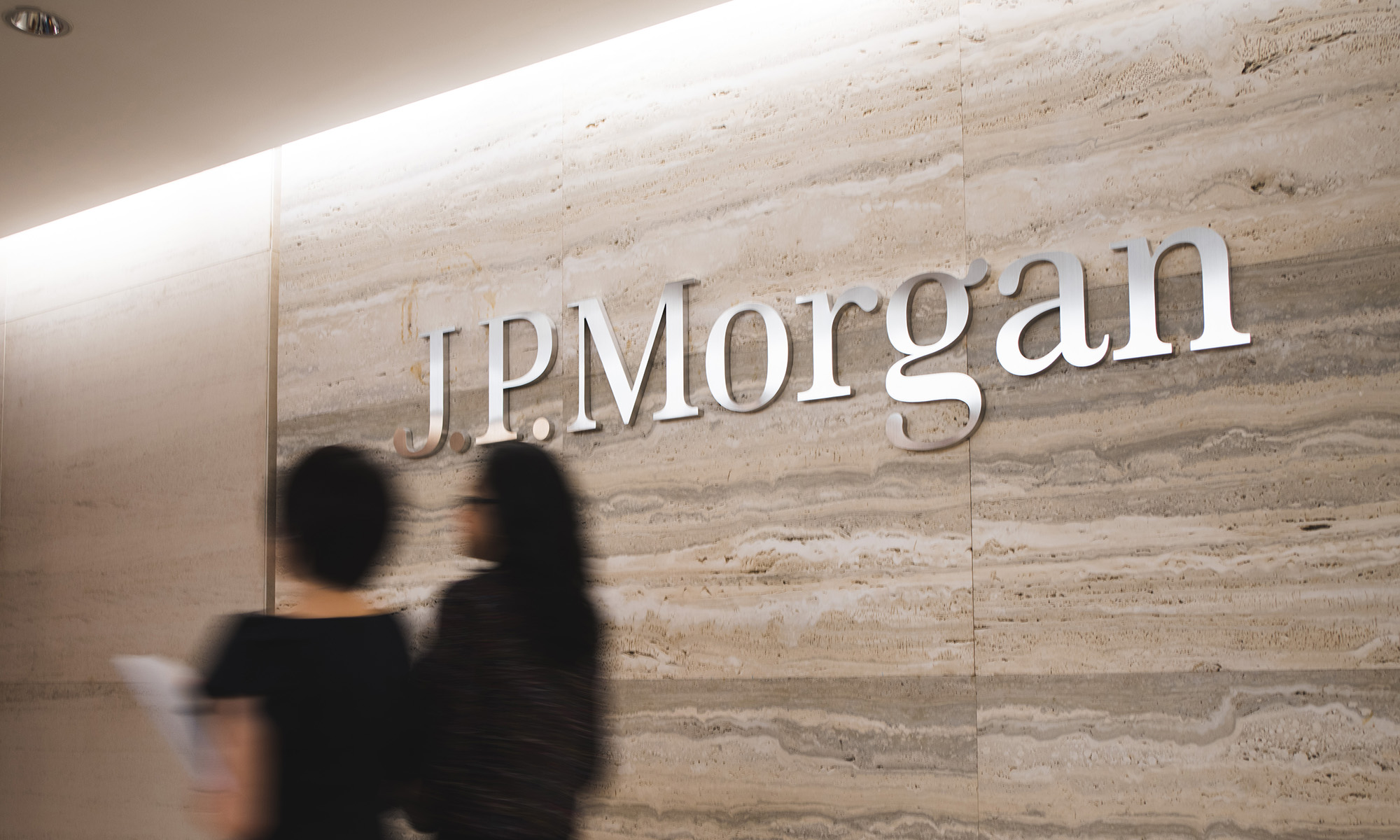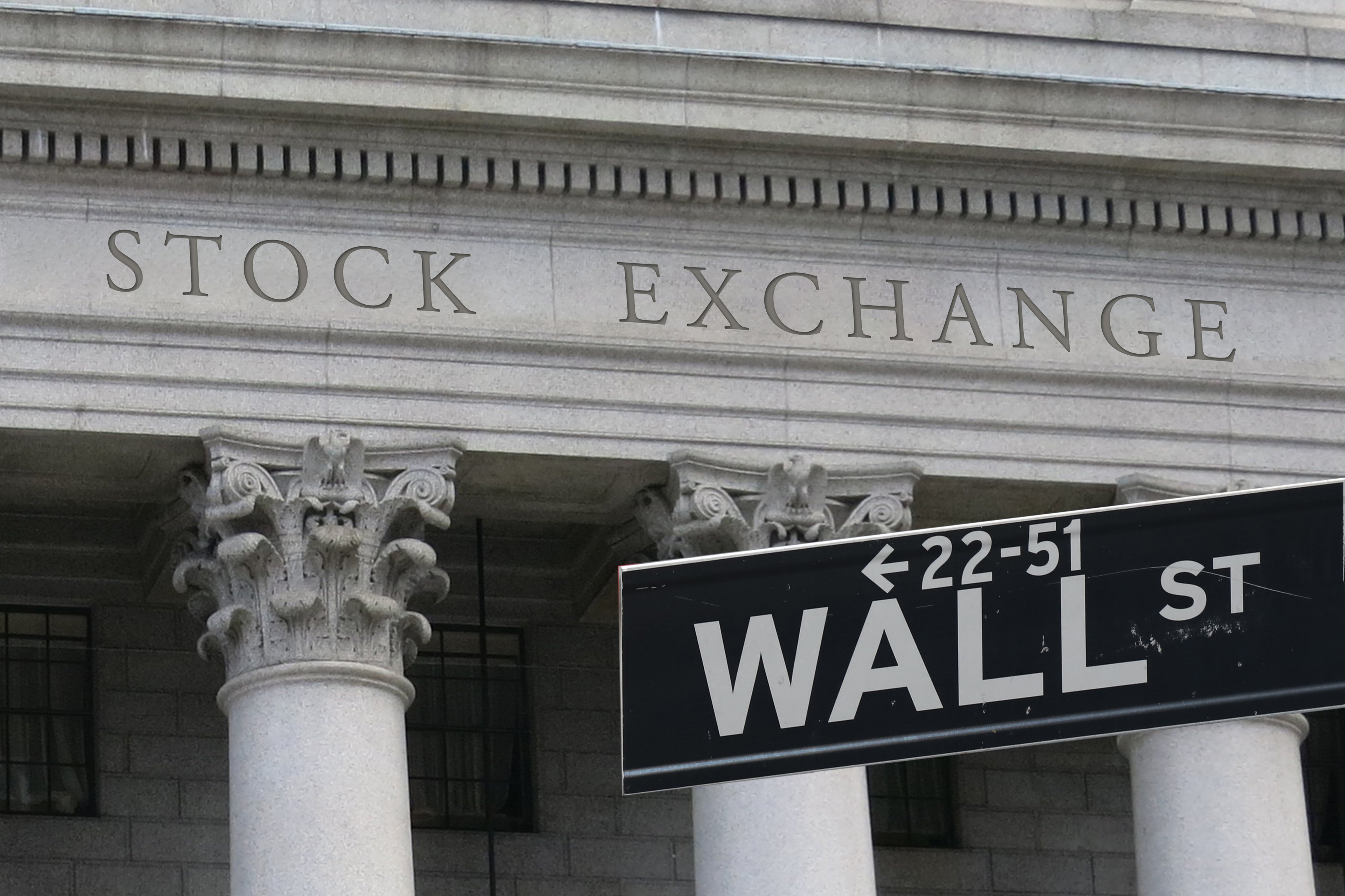JPMorgan Chase chairman and CEO Jamie Dimon. Image source: JPMorgan Chase.
A bet on bank stocks right now is a bet on interest rates -- or, more specially, on whether the Federal Reserve will increase the Fed Funds rate. What's the likelihood this will happen in the near future? If JPMorgan Chase (JPM 0.37%) CEO Jamie Dimon has his way, it should happen sooner rather than later.
Dimon's comments
Speaking at The Economic Club of Washington D.C. recently, Dimon fielded a question about whether the central bank should raise rates at one of its next meetings. Here's what the 60-year-old JPMorgan Chase executive had to say:
Let's just raise rates. You don't want to be behind the eight ball on this. The Fed has to maintain credibility.
Normality is a good thing not a bad thing. An economy that's been going like this for seven years is a good thing not a bad thing. So, to me, the return to normal is a good thing.
The rate itself gets a lot more psychological attention than the actual economic effect of raising rates.
Then, in response to a follow-up question about when the Fed should pull the trigger, Dimon responded:
I'd go sooner rather than later, but I'll leave the exact timing up to them.
They've made it clear that they're going to raise rates when they see the whites of their eyes; when they see the economy is strong enough.
It's for this reason that Dimon thinks now, or rather at the Fed's meeting in December, is the time to raise rates. As he noted, the unemployment rate is down to 4.9%, inflation is ticking up, household formation is improving, and asset prices are up.
In his opinion, then, the economy is strong enough to justify a move by the Fed to boost the benchmark Fed Funds rate, from which all other interest rates derive.
What this would mean for banks
It's worth keeping in mind that, even if the central bank were to raise rates at its next meeting, the increase would likely be minimal. Last December, when it did so for the first time since the financial crisis, it boosted the Fed Funds rate by a quarter of a percent, or 0.25%.
That's a tiny improvement. But at the same time, it'd signal to investors that the Fed believes the economy is strong enough to withstand another hike. This has been far from a foregone conclusion over the past year, given the uncertainty in financial markets tied to slowing economic growth in China, concerns about the United Kingdom's pending exit from the European Union, and ultralow oil and gas prices that have made it hard for energy companies to service their bank loans.
If the Fed were to follow Dimon's advice, the move would almost certainly cause bank stocks to climb sharply. Bank of America (BAC 0.51%) and Citigroup (C 0.44%) in particular would be major beneficiaries of such an announcement.
Shares of these two banks trade for substantial discounts to book value -- Bank of America for a 30% discount, and Citigroup for a 33% discount. And the principal reason they're so cheap is because low interest rates have made it all but impossible for them to meet their profitability targets.
Consider this: according to Bank of America's latest quarterly regulatory filing, the nation's second biggest bank by assets would earn an added $7.5 billion in net interest income if rates rose 100 basis points. Citigroup's net interest income would climb $2 billion. Meanwhile, JPMorgan Chase's would get a $3 billion boost.
Suffice it to say that this would make all three of these banks much more profitable, which would almost certainly then be reflected in higher share prices.









